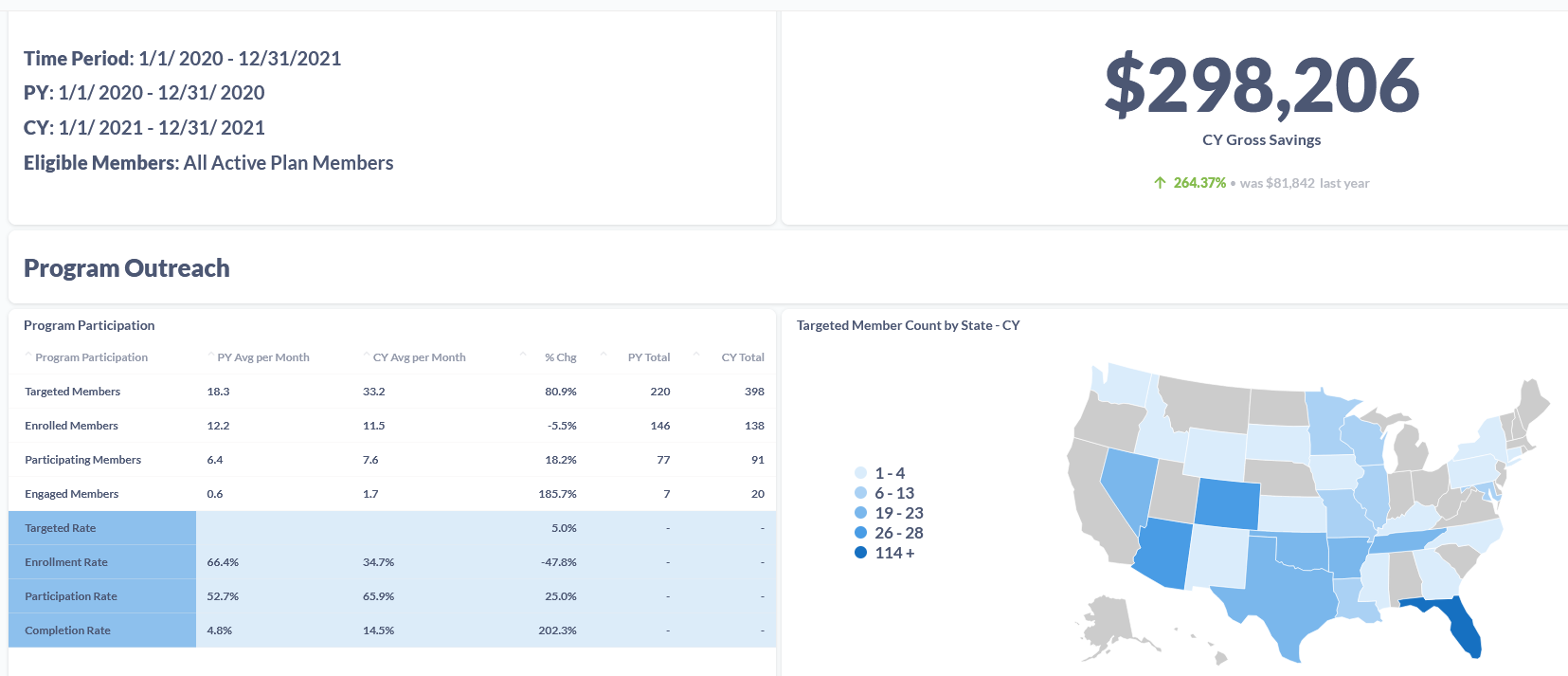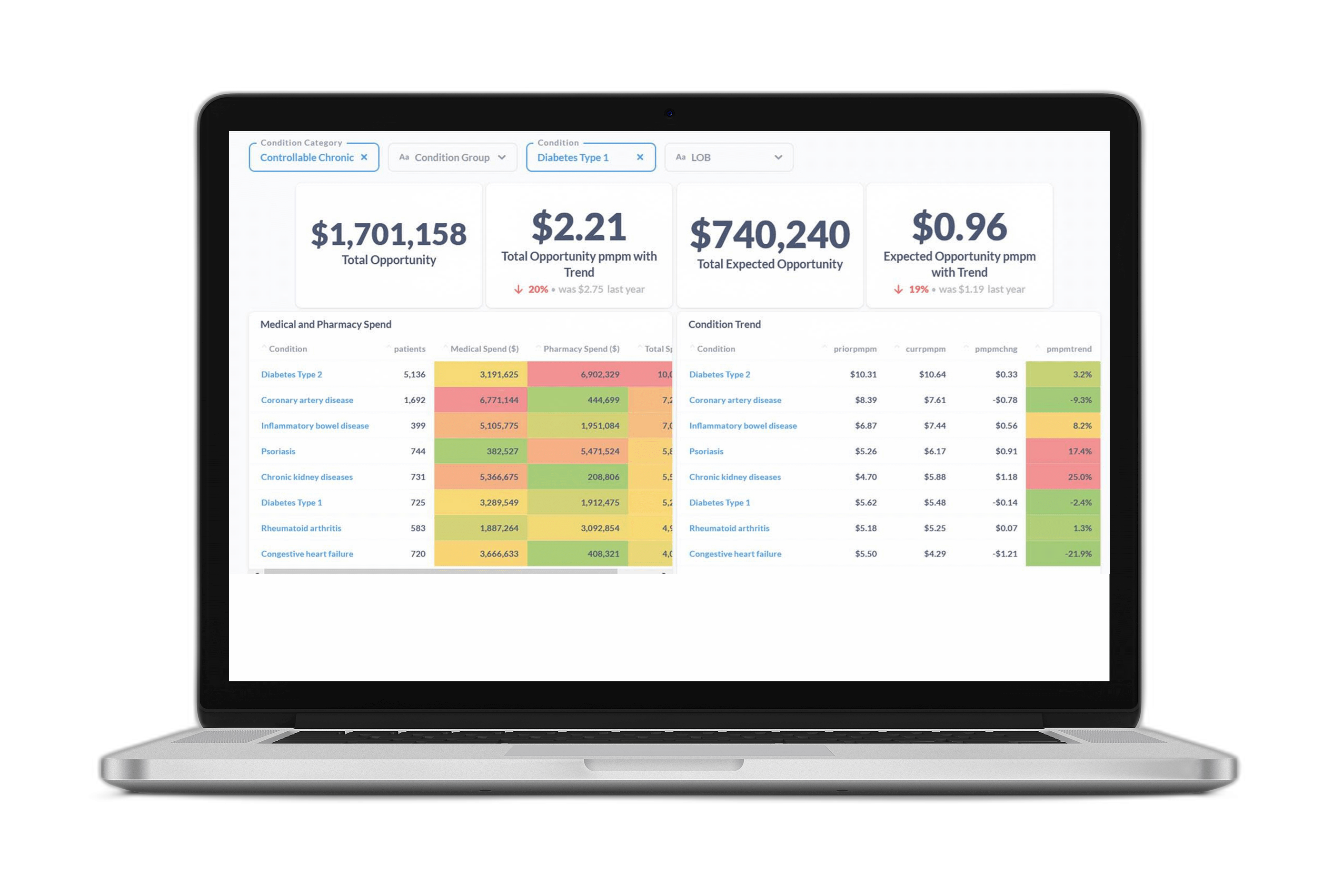In the past, the realm of artificial intelligence was largely navigated by major technology firms.
Healthcare organizations cautiously observed from the sidelines. These healthcare leaders, prioritizing patient well-being, traditionally leaned on retrospective analytics, making crucial care management decisions based on hindsight, analyzing data reflecting past events.
However, a seismic shift has occurred in recent years. The healthcare industry, now grappling with an aging population, a surge in chronic diseases, and escalating costs, is simultaneously inundated and gifted with an explosion of data from diverse sources, such as unstructured text, fitness watches, and virtual care visits.
This confluence of challenges and technological advances has necessitated a pivot towards innovative, accurate strategies for risk identification, health outcome improvement, and cost reduction.
Consequently, healthcare leaders can no longer remain passive observers of the AI revolution but instead must shift towards being actively engaged participants.
Partnerships with data and predictive analytics experts are becoming indispensable, leveraging deep learning and generative AI techniques to transform raw data into a potent analytical asset.
This not only amplifies their clinical outreach strategies but also fortifies successful financial outcomes by infusing their approach with a forward-looking perspective, especially when it comes to population health and value-based care.
Let’s explore the three pivotal ways in which AI is reshaping the approaches of healthcare leaders to value-based care:
1. Evolving Beyond Standard Notion of Risk:
Traditional risk stratification often unfolds in a predictable manner: frequent emergency room visits, particularly those related to ongoing health issues like diabetes, trigger retrospective action.
Strategies aimed at curbing ER over-utilization are formulated, often when annual key performance metrics spotlight a member. Despite these interventions, healthcare costs have surged and clinical outreach programs have been under-exploited.
The contemporary solution? AI-driven risk stratification. Here’s a detailed exploration:
- Holistic Health Views Through Comprehensive Data Integration: All-inclusive data from various sources (medical, pharmacy, dental, etc.) converge on a predictive analytics platform, providing a multifaceted view of a member’s health beyond mere historical events. This panorama encompasses influencers of health inside and outside clinical settings, including social barriers and medication adherence.
- Early Disease Prevalence Detection with Enriched Analytics: Enhanced predictive analytics empower leaders to identify disease prevalence, such as cancer and diabetes, much earlier. This prescience enables strategic, timely intervention and informed healthcare planning.
- Future-focused Care Management Through Predictive Insights: Care strategies are crafted with an eye to the future, utilizing insights to forecast specific conditions and potential avoidable costs. The approach is anchored in both the individual and broader population landscapes, ensuring interventions are as preventative as they are reactive.
Employing these AI-driven strategies, healthcare leaders can craft, adapt, and implement plans that are not just responsive but anticipatory, ensuring robust health outcomes and organizational efficacy.
Here’s a snapshot of what healthcare leaders see when assessing future risk in their population from Certilytics’ platform, which also takes risk assessment a step further by showing healthcare partners the financial savings possible with each clinical outcome intervention.

2. Proactive and Targeted Outreach:
Managing the voluminous and multifaceted nature of healthcare data demands a proficient, AI-driven analytics partner.
Certilytics, having crafted our deep learning platform from the ground up—condensing over 250,000 medical codes into 250 deep features—enables healthcare plans and employers to discern and act upon otherwise hidden opportunities for intervention.
But it’s not just about foreseeing high-risk events. It’s about precisely directing resources to maximize impact and engagement.
A straightforward example: while heart disease may represent a significant portion of healthcare spend, AI-illuminated insights might reveal an already-compliant heart disease patient population with limited opportunity.
But another prevalent condition like diabetes might present more substantial opportunities for impactful intervention and cost avoidance.

Armed with this intelligence, leaders can confidently invest in areas—such as a diabetes management program—that promise tangible savings and enhanced outcomes.
3. Program Measurement and ROI Analysis:
Historically, isolating and quantifying the impact of a single healthcare initiative has been a herculean task for leaders. Even with a data-centric approach, discerning genuine impact amidst a sea of influencing factors remained elusive.
Advanced AI platforms, however, have altered this landscape.
Deep learning capabilities allow for the isolation and accurate evaluation of a program’s impact, granting leaders a crystal-clear view into the efficacy of wellness programs or the performance of a potential vendor solution.
Certilytics’ Program Performance Analytics Solution delivers more than data to healthcare leaders, but clarity, precision, and actionable insights for evaluating program success. Take a look here:

Are you ready to use AI-powered predictive analytics to transform your value-based care strategies? Schedule a meeting with our team.








